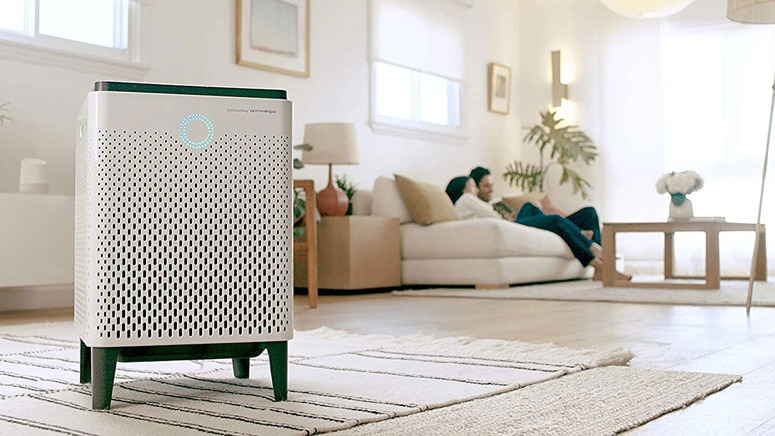Treatments

Seasonal allergies cause very uncomfortable symptoms. Thankfully, there are several ways to manage these symptoms. Most treatments focus on using medications to alleviate the symptoms of an allergic reaction. Avoiding allergens is also effective in managing the condition.
Avoidance
The best way to deal with seasonal allergies is to avoid allergens [4]. While there is no fail-safe way to do this, there are things you can try. Seasonal allergies tend to flare up when the air is thick with pollen. You can choose to stay home on those days if you do not need to be outside. You can keep tabs on the count of pollens in the air by checking pollen forecasts on your local radio stations or the internet. Pollen counts are highest in the mornings between late summer and early fall, so you can choose to stay indoors during this time of the day. If you cannot avoid going out, use preventive medication whenever pollen counts may be high. Pollen counts alone are not enough. Not everyone is allergic to the same type of pollen. You should keep an eye out for the types of pollen you are allergic to. The only way to find out which types trigger your symptoms is to pay attention. Use a high-efficiency particulate (HEPA) filter in your house. Choose air conditioners with this filter over ceiling fans that might circulate pollen during seasons you are likely to have flares. Keep your windows closed often and wear a dust mask whenever you are outside and the pollen count is high.













